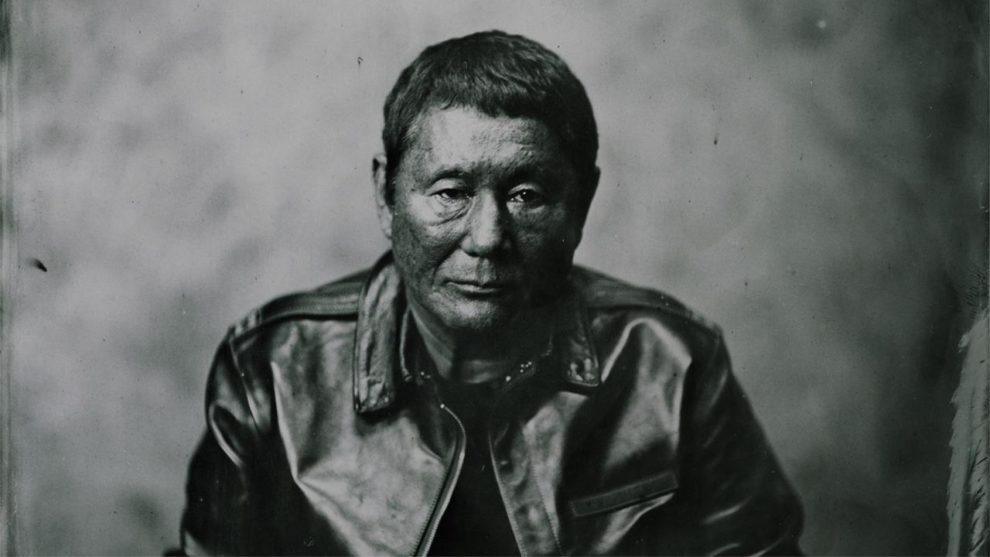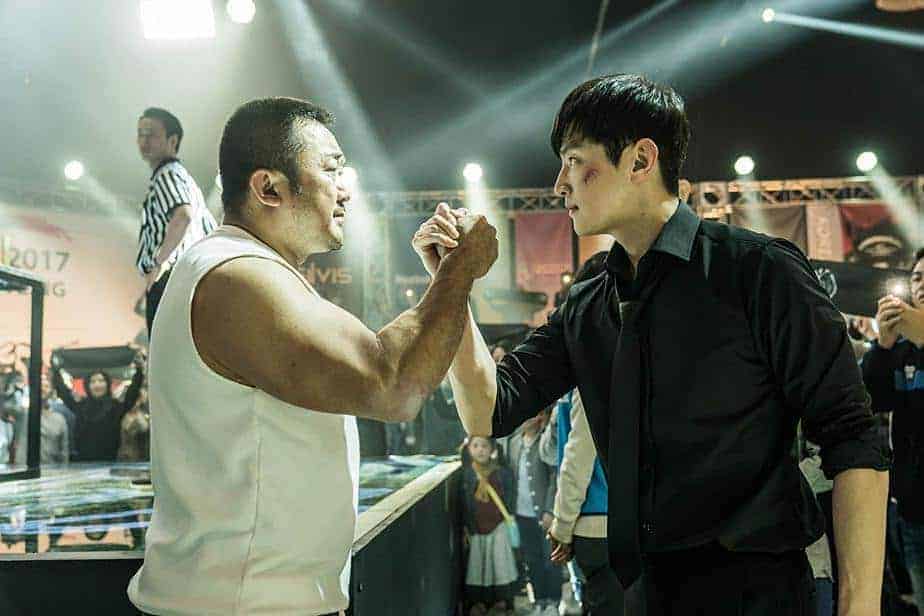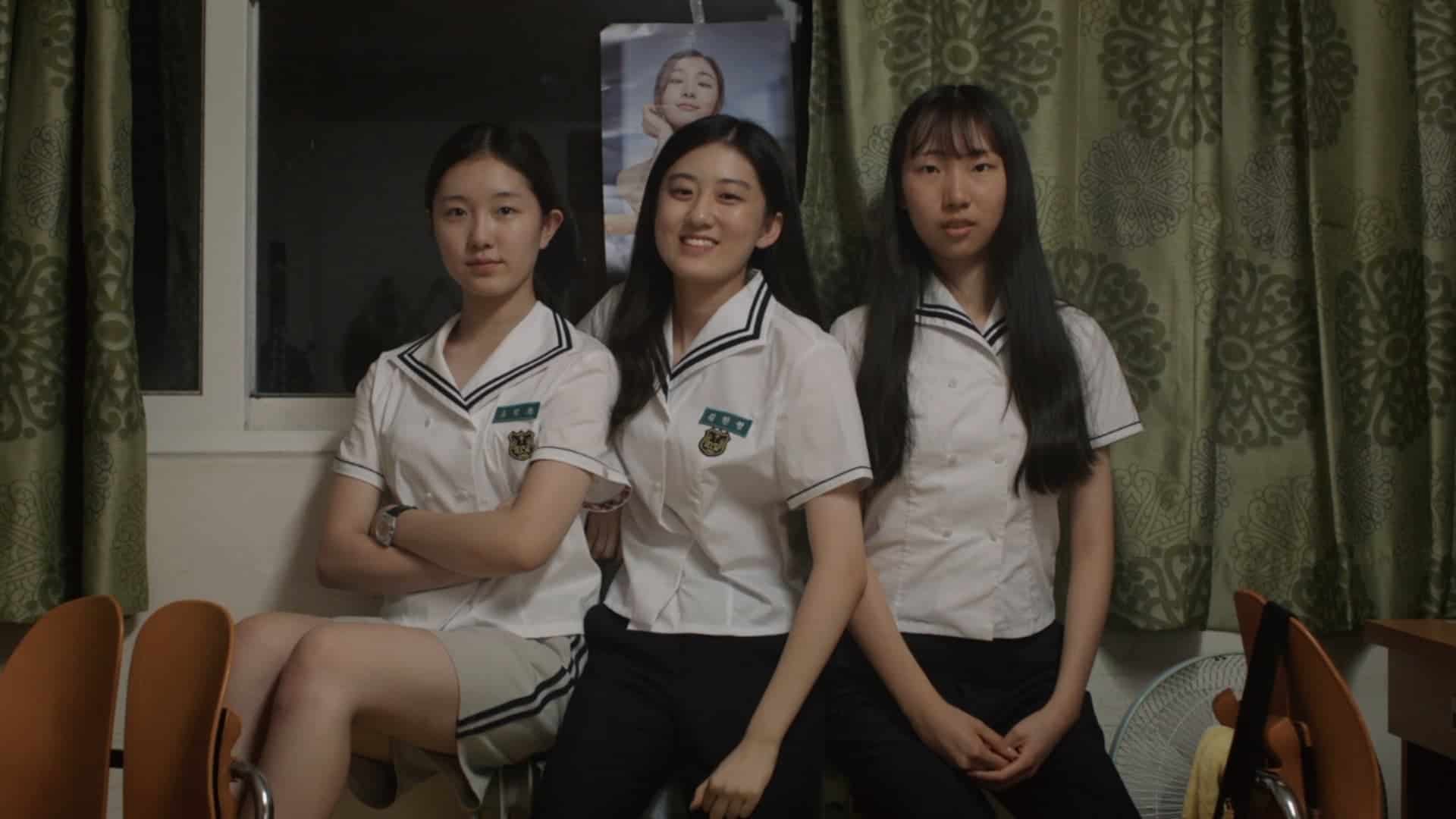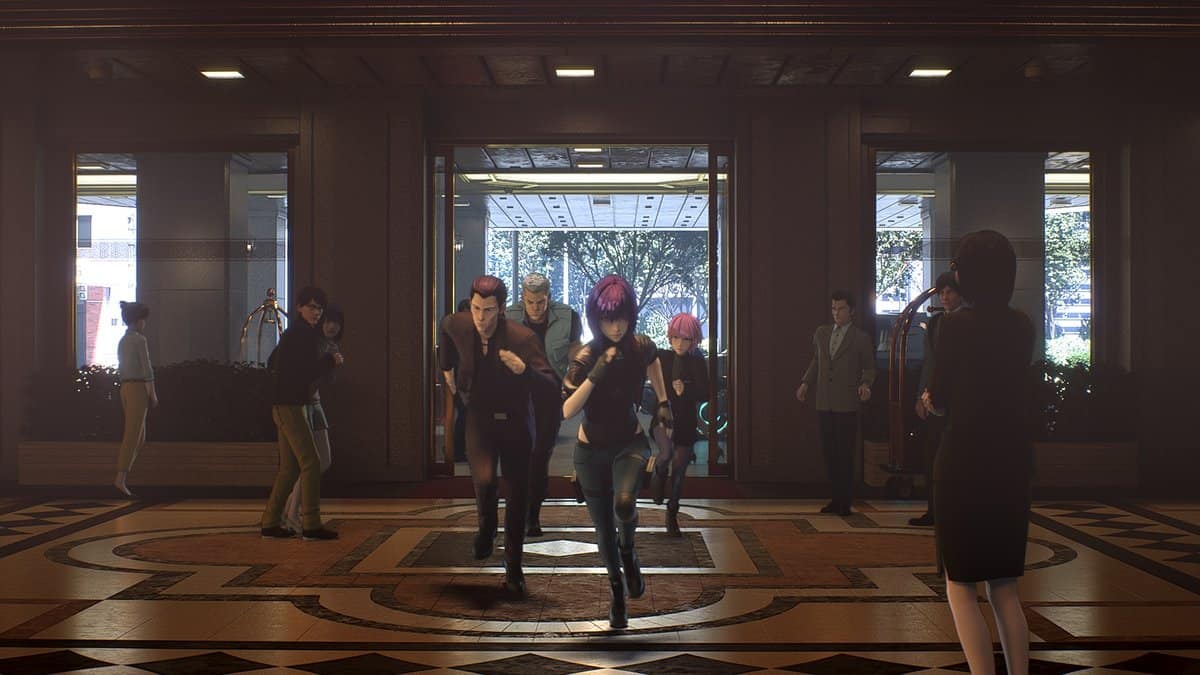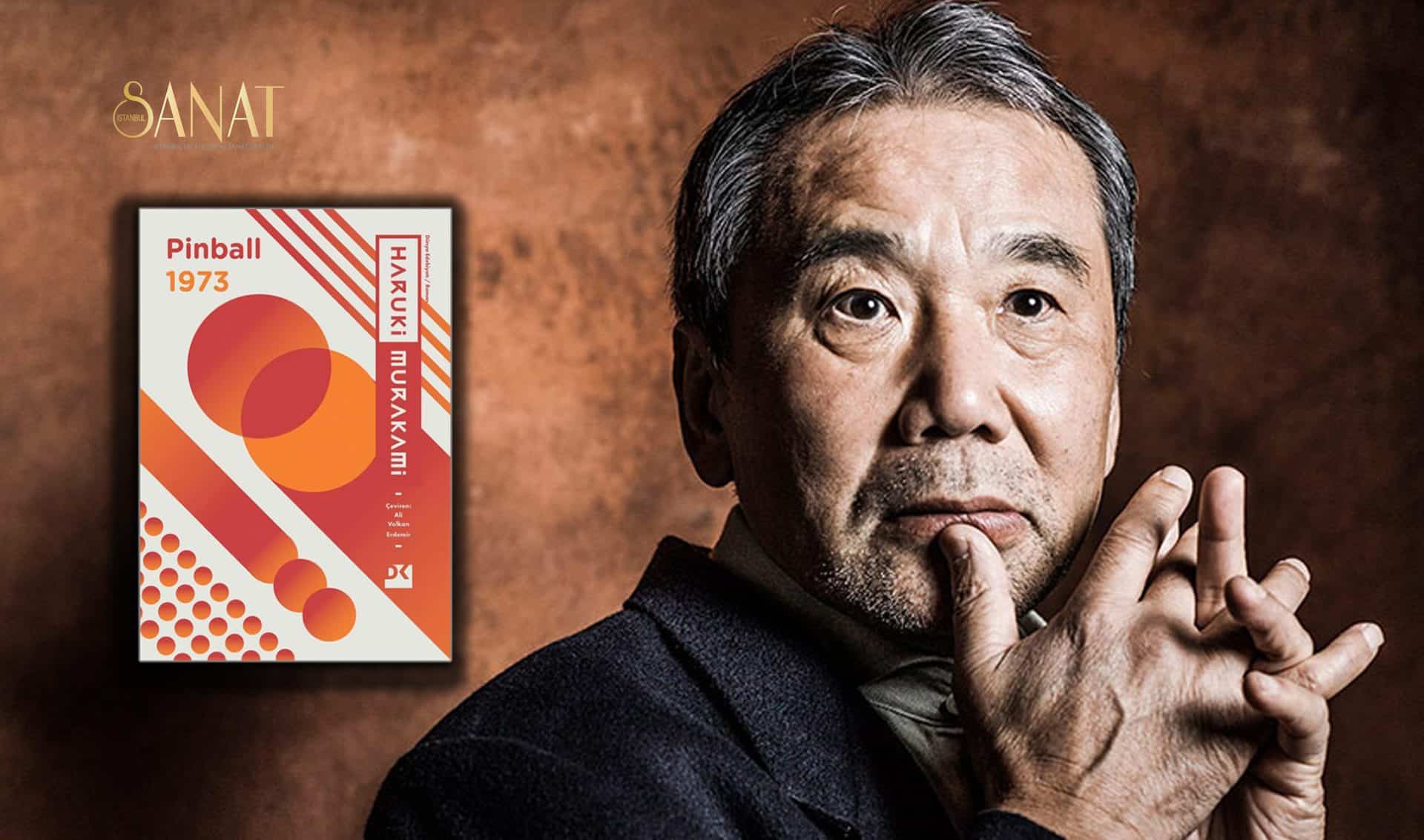When at some point in the near future “Neck” is released, it will not only be a new feature directed by Takeshi Kitano, but also, as the filmmaker himself claimed, his last directorial effort. Given the pace with which he has worked and also the fact Kitano tried to balance his many projects, as a director, a TV host, a painter and an author (to name but a few), it is perhaps no surprise to hear the 75-year-old wishing to slow down a bit. Still, the phenomenon that is Kitano still continues to fascinate audiences in his home country Japan as well as internationally ever since he has left his mark with feature such as “Hana-Bi” and “Kikujiro”, or, perhaps lesser known to some, as the host of formats like “Takeshi's Castle”. In 2020, French filmmaker Yves Montmayeur, who already made features about Yakuza-cinema and Pink films, tackled the life and work of the prolific Japanese celebrity in “Citizen K”, a documentary co-produced by French TV channel arte.
Citizen K is screening at Udine Far East Film Festival

Considering Kitano's long career, which now spans over several decades, it is quite difficult to put all of his various facets into a 52-minute documentary. Starting from his childhood in Adachi, Tokyo, to his days working as an elevator boy at a cabaret club in the Asakusa district to his breakthrough as a comedian, performing as part of the comedy duo The Two Beats alongside Niro Kaneko, Montmayeur follows a very chronological approach. Interviews with actress Kiyoshi Kishimoto, who starred alongside Kitano in “Hana-Bi”, or cinematographer Katsumi Yanagijima, who has shot the majority of Kitano's films as director, give further insight into how the filmmaker, actor and comedian developed over time. Additionally, photographs and archival footage showing him as a university student and in TV-specials, completehis image as an entertainer who managed to both reflect Japanese culture while also criticizing it, often through acidic humor and his bleak portrayals in works like “Sonatine” or “Hana-Bi”.
Perhaps the most interesting aspect of the documentary refers to the dichotomy and also rivalry between the two personas: “Beat” Takeshi and Takeshi Kitano. Even though the former was needed to achieve the breakthrough and make it within the competitive, merciless world of entertainment, it became somewhat of a burden once Kitano wanted to be taken seriously, as an actor in “Merry Christmas, Mr. Lawrence” or later on when he started directing. Especially to those yet unfamiliar with Kitano's body of work, “Citizen K” sheds some light into the more enigmatic features of the director, for example, “Glory to the Filmmaker” or the much under-appreciated “Takeshis”. Montmayeur shows Kitano as a person, who, as his career progressed, also began to struggle with his celebrity status and who started to loathe the “monster” he had created in “Beat” Takeshi, while also paradoxically acknowledging the necessity for this first person to exist to ensure his works as a director could be financed.
In conclusion, “Citizen K” offers a great overview of the many facets which define one of them most prolific artists in Japanese culture. Yves Montmayeur touches upon the most important events and themes in Takeshi Kitano's life and work, without going into too much detail, presenting a man who represents Japanese culture, its traditions but also its contradictions.


